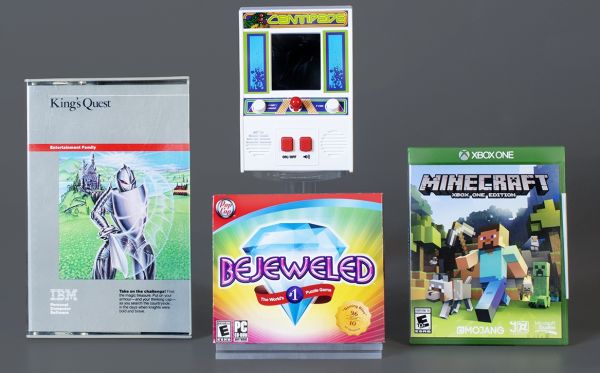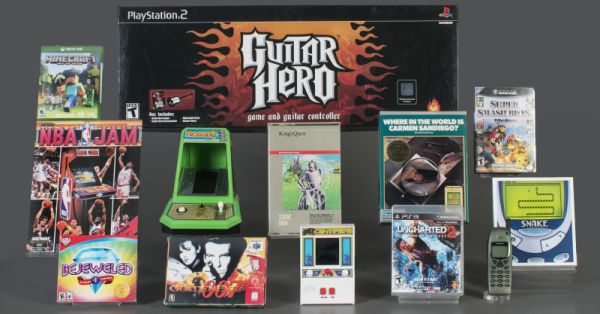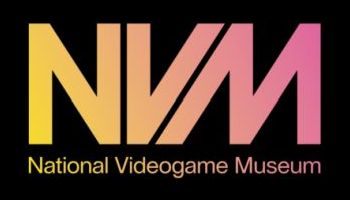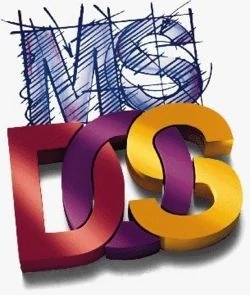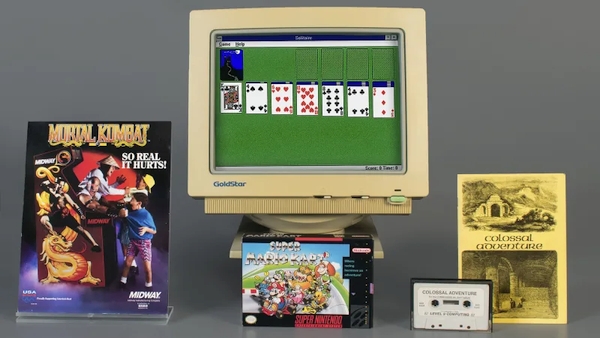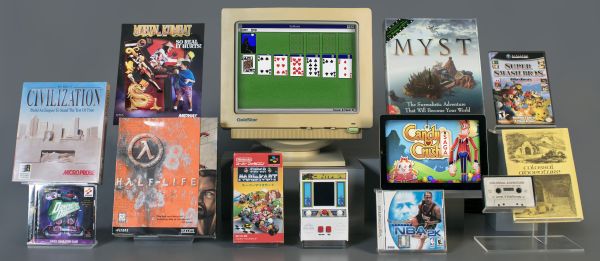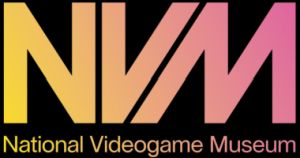 Even before the COVID-19 pandemic forced everyone indoors, Animal Crossing: New Horizons was trending towards a massive launch. But I’m not sure anyone expected it to break as big as it did.
Even before the COVID-19 pandemic forced everyone indoors, Animal Crossing: New Horizons was trending towards a massive launch. But I’m not sure anyone expected it to break as big as it did.
Nintendo has always played the long game, and they attracted a small, but very devoted, community between 2001 and 2017 after releasing four games (and a handful of spinoffs) in the Animal Crossing franchise. But after only four months, the consolemaker has already sold more than 22.4 million copies of New Horizons, making it one of bestselling games on the Switch (it currently trails only Mario Kart 8 Deluxe).
New Horizons promised players colorful island vistas and adventurous travel to faraway lands, so a lot people jumped at the chance to escape from the real world for a few hours every night. From there it exploded into an outburst of creativity, billions of requests for good turnip prices, celebrity sightings (including Elijah Wood, Danny Trejo, and multiple high end fashion designers), and a talk show hosted by Rogue One screenwriter Gary Whitta. In short, it was the right game at the right time.
The United Kingdom’s National Videogame Museum will attempt to capture this unique moment in gaming history with their next project, The Animal Crossing Diaries. Players from around the world will be able to submit stories about how they played Animal Crossing: New Horizons during the pandemic, which will help the NVM in their goal to “record for the first time a highly meaningful but ephemeral and intangible experience through the perspective of its players”:
This new collection will focus on the cultural phenomenon that followed the release of Animal Crossing: New Horizons for the Nintendo Switch in March 2020, just as the world was transformed by the pandemic. This videogame rapidly became an international sensation in which millions of players have been creating and managing their own tropical island along with a cast of talkative animal neighbours. The game became an important social and creative outlet for people unable to socialise in person during lockdown.
This innovative online exhibition will open up new ways of collecting and archiving videogame histories, and record for the first time a highly meaningful but ephemeral and intangible experience through the perspective of its players.
Iain Simons, Director of Culture for the NVM, said “Animal Crossing is the perfect experience for a lockdown. The coincidental timing of its release provided a welcome relief for millions of people who wanted to go outdoors but couldn’t, who wanted to meet friends but weren’t allowed. It’s no surprise that this incredibly creative, social space became a safe haven for millions during this turbulent year.”
Please visit TheNVM.org to learn more about future updates and events related to The Animal Crossing Diaries.


